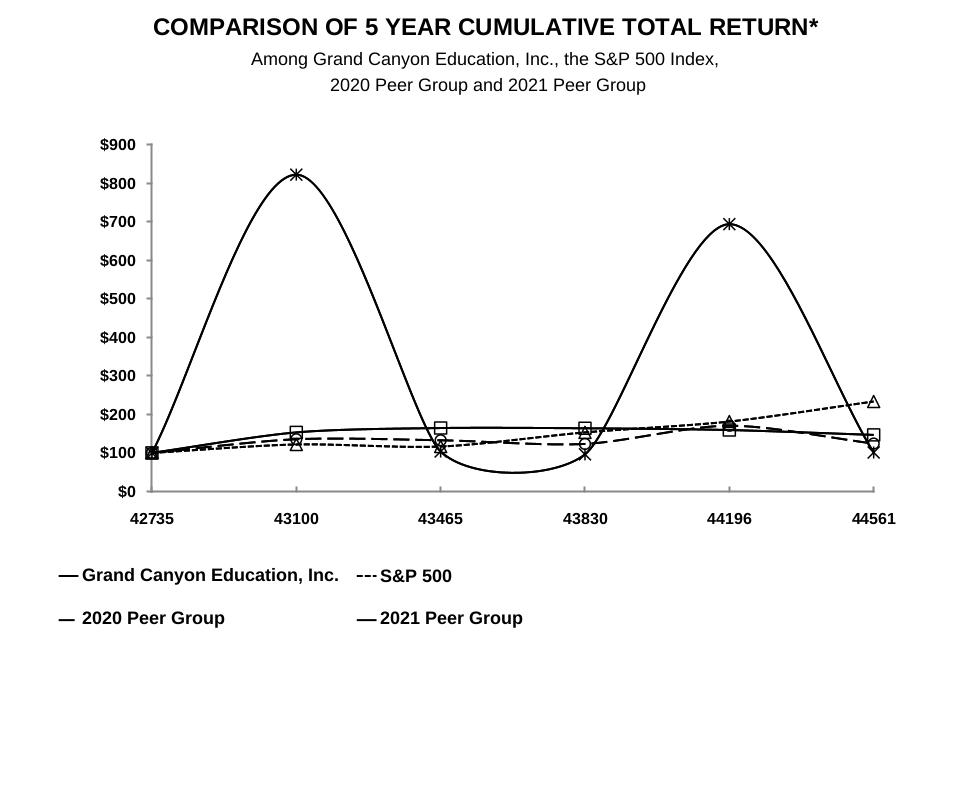authorizations when required, it could lose its state license or authorization by that state or be subject to other sanctions, including restrictions on its activities in, and fines and penalties imposed by, that state, as well as fines, penalties, and sanctions imposed by ED. The loss of licensure or authorization in any non-SARA state by a client institution could prohibit us from recruiting prospective students or offering services to current students in that state, which could significantly reduce our university partner’s enrollments.
Laws, regulations, or interpretations related to doing business over the Internet could also increase our cost of doing business and affect our ability to recruit students in particular states, which could, in turn, negatively affect enrollments and revenues and have a material adverse effect on our business.
Additionally, regulatory agencies may sometimes disagree with the way we have interpreted or applied these requirements. Any misinterpretation by us of these regulatory requirements or adverse changes in regulations or interpretations thereof by regulators could materially adversely affect us. If a university partner institution fails to comply with state licensing or authorization requirements for a state in which it operates, or fails to obtain licenses or authorizations when required, it could lose its state licensure or authorization by that state or be subject to other sanctions, including restrictions on its activities in, and fines and penalties imposed by, that state, as well as fines, penalties, and sanctions imposed by ED. The loss of licensure or authorization in a state other than a state in which a university partner institution is physically located could prohibit us from recruiting prospective students or assisting with offering educational services to current students in that state, which could significantly reduce enrollments.
Furthermore, our university partners must typically maintain a composite score of at least 1.5 to maintain their membership in a State Authorization Reciprocity Agreement, or SARA. Failure to maintain that score, and loss of eligibility for SARA, could result in the loss of the ability to offer online programs in various states unless the university partner is otherwise eligible to do so. This could greatly affect our ability to market our university partners’ online programs.
Government agencies, regulatory agencies, and third parties may conduct compliance reviews, bring claims, or initiate litigation against us or our university partners based on alleged violations of the extensive regulatory requirements applicable to us and our university partners, which could cause the imposition of sanctions against us or our university partners.
Because our university partner institutions operate in a highly regulated industry, they are subject to program reviews, audits, investigations, claims of non-compliance, and lawsuits by government agencies, regulatory agencies, students, employees, stockholders, and other third parties alleging non-compliance with applicable legal requirements, many of which are imprecise and subject to interpretation. Similarly, we could be subject to those same reviews. If the result of any such proceeding is unfavorable to our university partners, they may lose or have limitations imposed on their state licensing, accreditation, or Title IV program participation; be required to pay monetary damages (including triple damages in certain whistleblower suits); or be subject to fines, injunctions, or other penalties, any of which could have a material adverse effect on their business, prospects, financial condition, and results of operations. Similarly, reviews of us directly could also impose a host of limitations and monetary penalties and fines for wrongful actions on our part. Claims and lawsuits brought against us or our university partners, even if they are without merit, may also result in adverse publicity, damage our reputation, negatively affect the market price of our stock, adversely affect student enrollments, and reduce the willingness of third parties to do business with us. Even if we adequately address the issues raised by any such proceeding and successfully defend against it, we may have to devote significant financial and management resources to address these issues, which could harm our business.
The regulatory guidance governing third-party servicers imposes a number of requirements on our business and may expose us to liability for certain regulatory violations that are coextensive with our university partner institutions.
A “Third-party servicer” is any person or entity used by “any eligible institution of higher education to administer, through either manual or automated processing, any aspect of such institution’s student assistance programs.” Third party servicers have a number of requirements. For example, they must conduct and submit to ED compliance audits under 34 C.F.R. § 668.23. In addition, they must comply with the requirements of 34 C.F.R. § 668.25,
